Mark Buchanan with an op-ed for Bloomberg:
At a recent food festival in Wales, I witnessed an enlightening discussion between two experts on the future of farming. Chungui Lu, a Chinese native who is now a professor in the U.K., spoke on the promise of vertical farming — high-tech indoor vegetable farming capable of producing more food per acre than traditional farming. In contrast, Patrick Holden, a traditional yet visionary Welsh farmer, argued for the human and ecological benefits of small-scale farming for the local sale of meat, cheese and vegetables produced using fully organic methods.
Their ideas seem to reflect a clash between technology and tradition. But I came away thinking that neither offered a solution by itself. Our problems are so deep and diverse, and multiplied by local variations in culture, weather and human density, that no one solution will suffice. We’re going to need many.
I’d imagine that someday soon we’ll see a new term for this distinction. There are too many facets of veganism that clash over the idea of what veganism encompasses. Right now, it seems to me that ‘veganism’ is a label for people doing it for the animals while ‘plant-based’ is often people doing it for personal health reasons. Thankfully both are aligned in the way they eat — and that means a reduction in animal use. This openness to understanding how we affect the world around us is the key takeaway.
From the ecological perspective, Holden said, the meat-versus-vegetable distinction isn’t the right one. Both can be produced in environmentally helpful ways as well as harmful ones, with the latter becoming the norm over the past half-century of industrial farming. Vegan and vegetarian diets may be good for CO2 emissions, but their blind pursuit can exacerbate other issues. He gives one example: It doesn’t help the environment to eschew a local organically grown egg in favor of tofu produced with intense pesticide application on a soy plantation carved out of the Amazon rainforest.
For me, eating vegan food means eating a meal that attempts to reduce the net suffering of animals. But understanding how to categorize and consider what happened to the earth to make that meal is a new facet. There are rarely labels that mention sustainability or some hint about the overall distance the parts of my meal had to travel to reach my plate. Every mile effects CO2. Each part an addition. And all of these things play a part in the future and I hope we can find a way to approach food menus and labeling in some way to indicate that.
